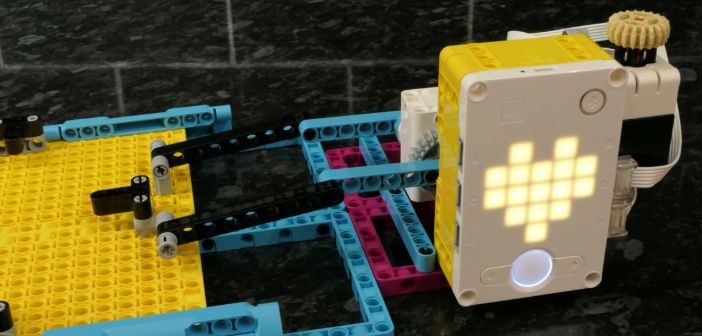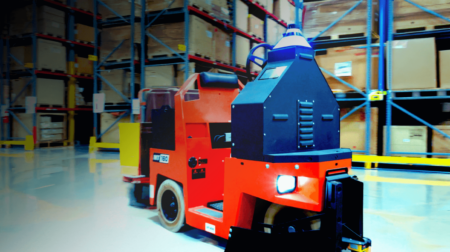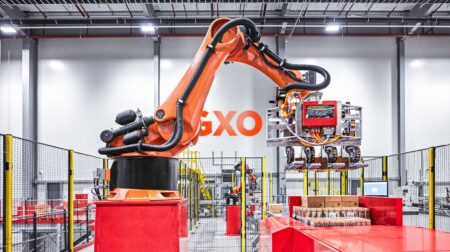British multinational arms, security, and aerospace company BAE Systems has partnered with the Royal Navy and Royal Air Force (RAF) on a STEM educational programme to help both educators and students develop confidence with coding and robotics in the classroom.
The collaboration will fund non-selective state schools to take part in the Coding Success programme, which aims to get students excited about STEM – science, technology, engineering, and mathematics – academic disciplines.
According to BAE Systems, despite demand from a range of businesses for AI, cloud and robotics skills, research from the Learning and Work Institute found the number of young people taking IT subjects at GCSE has dropped by 40% since 2015.
To help inspire future coders, computer scientists and software engineers, Coding Success is supporting schools to nurture talent and spark curiosity around the digital and technology sectors.
“As the requirement for digital skills grows, coding is an increasingly important part of the curriculum,” said Richard Hamer, education and skills director at BAE Systems.
“Working with the Royal Navy and the Royal Air Force to support the Coding Success programme, we’re aiming to give student and teachers the practical hands-on experience they need and inspire the next generation of scientists, technologists and engineers.”
Developed in partnership with the Smallpeice Trust, an educational charity, and Raising Robots, an authorised Lego education partner, the programme has 600 spaces for pupils aged between 8-14, includes teacher training sessions, six lesson-plans and two Lego Education Spike Prime kits for children to gain practical experience with robotics and programming.
Coding Success incorporates a virtual humanitarian mission on an isolated volcanic island in the South Atlantic Ocean, where students must successfully code their robots as part of a fictitious earthquake response scenario, helping the injured and making fresh drinking water available.
Through hands-on learning, students will explore any problems that may arise and create solutions through their code.
Applications close on Friday 28 May 2021.
Read more: Scottish educational robotics company scales up production








